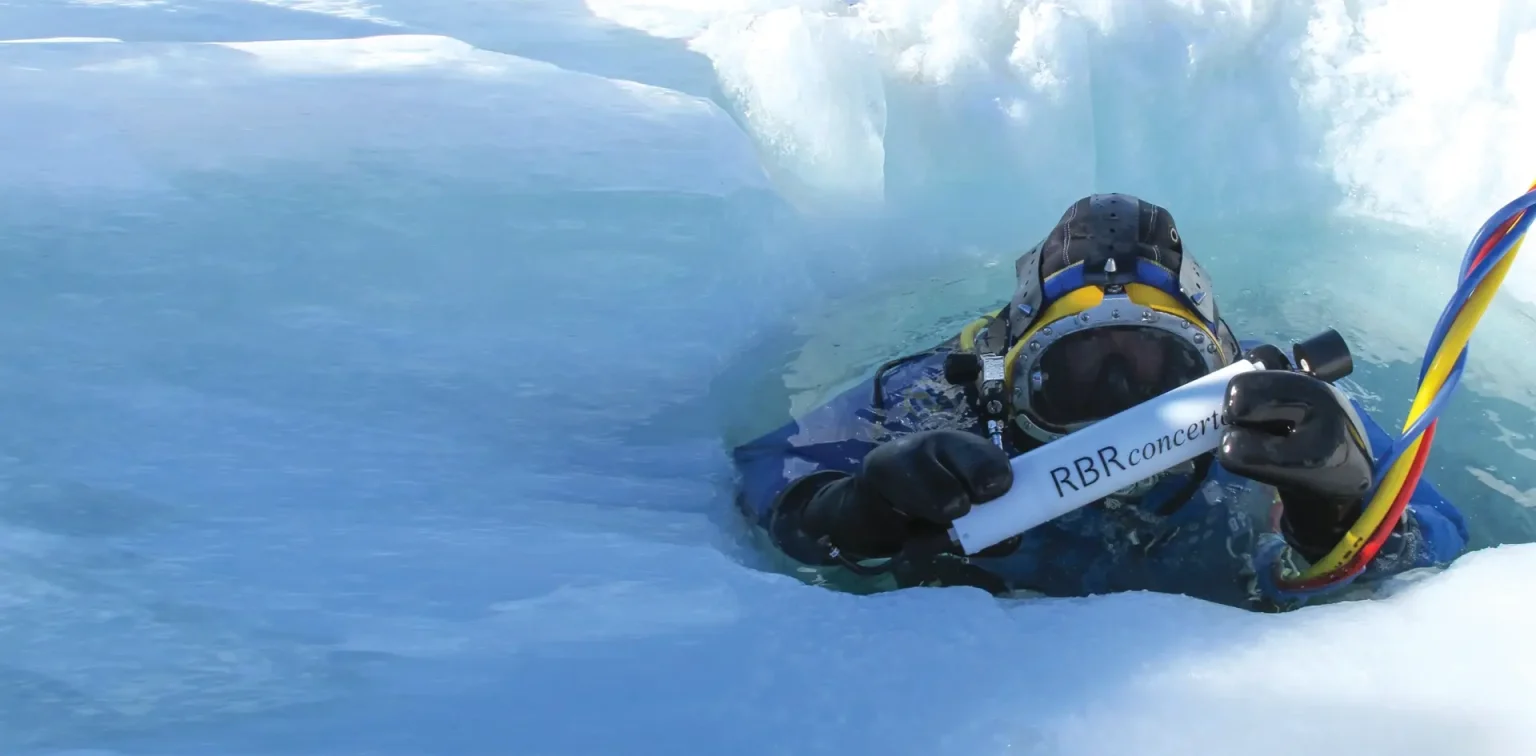Latest News
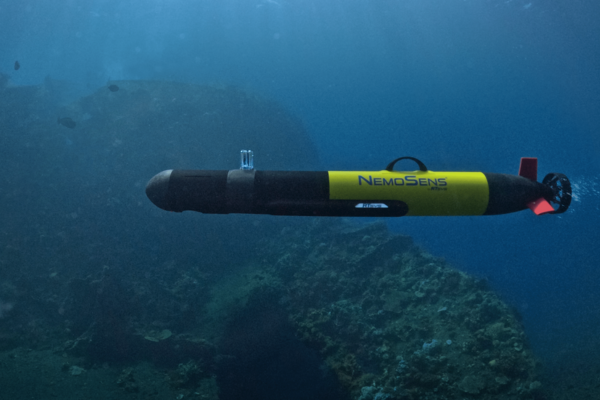
Micro-AUVs: Making waves for the future of oceanographic technologies
As technology continues to progress and evolve, so does the equipment that scientists use in their monitoring programs. Autonomous Underwater Vehicles…

pyRSKtools: Improved oceanographic data processing with Python
About pyRSKtools pyRSKtools is RBR’s open source Python toolbox for reading, post-processing, visualizing, and exporting RBR logger data. Users may plot…
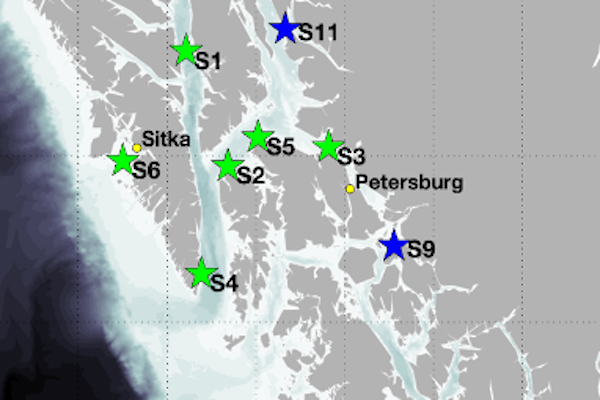
Trolling for data in Southeast Alaska
The ocean surrounding Southeast Alaska is a geomorphically complex area in the Northeast Pacific. Despite the complexities of this area and…
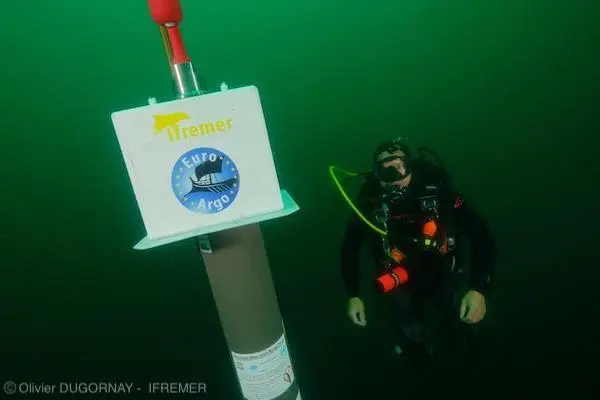
RBR provides CTDs and sensors for the Argo program
The Argo program is the largest ocean climate monitoring system in the world, providing continuous observations of key ocean parameters through…
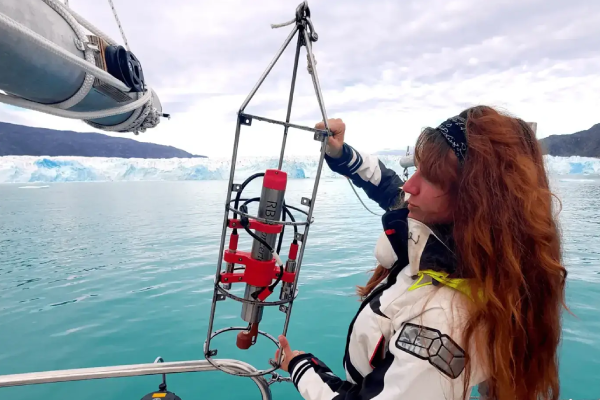
How to select the right CTD for your application
Summary Different CTDs excel in different applications, and with RBR’s wide range of available CTDs, the task of picking the best…

How to select the right CTD [Webinar]
https://www.youtube.com/watch?v=hLMZ8MH3nVM Short on time? Skip ahead to learn: the first thing you should think about when selecting a CTD (2:00) why…
